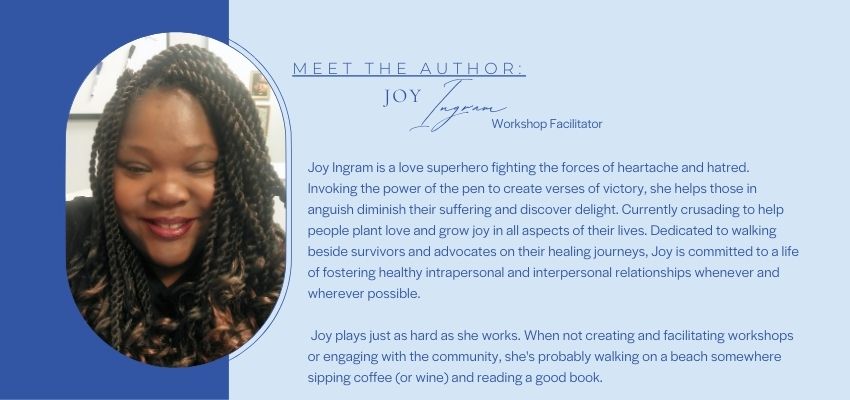RAFT’s Journey: Embracing Diversity and Innovating for the Future
Joy Ingram, June 19, 2025
RAFT’s mission is “to cultivate human-centered workspaces through foundational wellness practices, resources, and training…” To do this, we first try to be an example of the positive workplace we want to help create. Part of this work includes citing sources from folks who are considered experts in the fields of empathy, resilience, positive workplace culture, and other fields related to improving working conditions in the gender-based violence ecosystem. We want to make sure we are embracing diversity and that includes our information sources.
RAFT’s curriculum is based on foundational research by well-known professionals within the Positive Psychology field. We most often quote Dr. Brene Brown (heavy on the Dr. Brene Brown), Nina W. Brown, Martin Seligman, William Ury, and more recently David Cooperrider. While these sources provide great information, they all have something in common; they aren’t very diverse. Most of the sources we currently reference were created by people who are white. They are all highly educated academics. Additionally, most of the sources we reference are at least 10 years old.
Why is Embracing Diversity in Sources Important?
For us to truly live up to our mission we need a more diverse selection of expert information for our training and other advocate resources. Diversity is important for several reasons:
- Diversity helps to foster creativity, enhances learning and decision-making skills, and strengthens communities.
- RAFT believes in diversity, equity, inclusion, and belonging, and our materials should reflect that.
- Diverse sources provide varying lenses through which advocates and survivors view and experience the information we provide to them.
- Our sources should be more reflective of the diversity of the populations we serve.
- Finally, new, relevant, helpful information is being discovered every day, and we should be working to keep up with the times.
New and Different Options
To begin our work on diversifying our sources, here are five new references we can all add to our educational cache. Some of these resources are more self-help style books from experts. Others include a podcast, a collection of non-fiction essays, and a memoir by folks with lived experiences who have meaningful stories to tell. We are diversifying the types of sources as well.
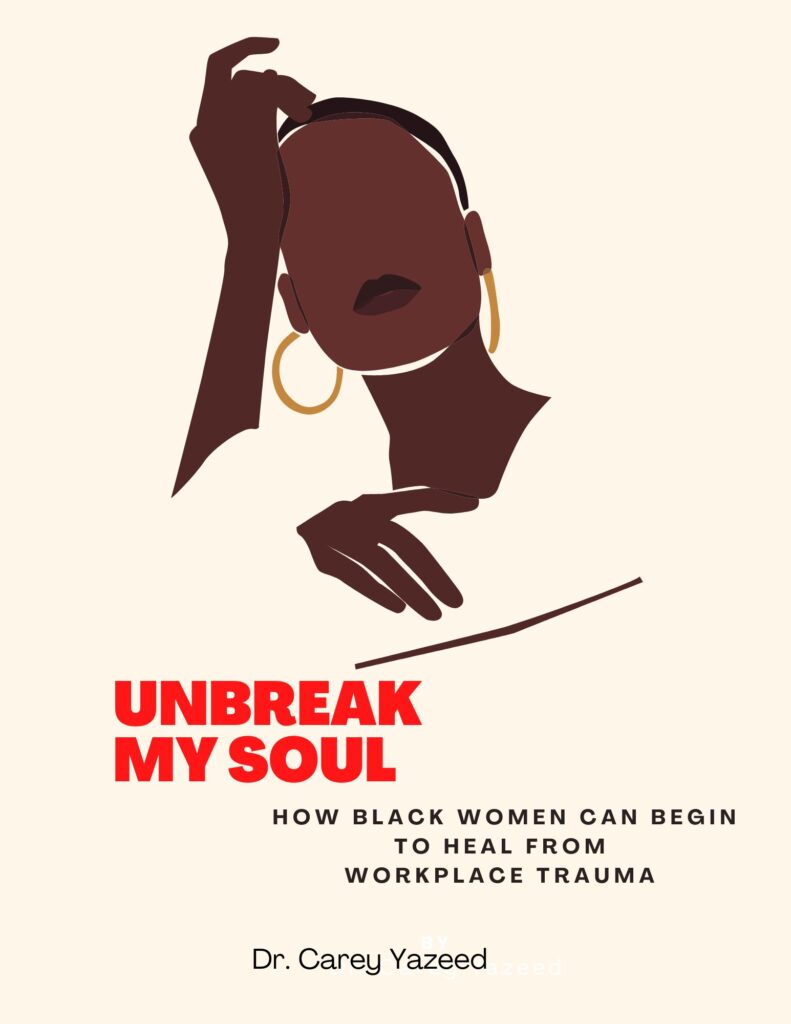
Dr. Carey Yazeed
“Dr. Carey Yazeed has dedicated her career to exploring the significance of psychological safety and vulnerability with diverse groups, while making significant contributions to the fields of work culture and employee relations. She is known for her ability to connect with diverse audiences, fostering meaningful discussions around trauma in the workplace. In addition to her academic pursuits, Dr. Yazeed is actively involved in community outreach, working to empower underrepresented voices and to promote equity.”
Areas of Focus: psychological safety, vulnerability, work culture, workplace trauma
- Unbreak My Soul: How Black Women Can Begin to Heal from Workplace Trauma (Voices Unheard: Stories of Women and Resilience in the Workplace)
- Corporate Blues: The Untold Stories of Women in Toxic Workspaces (Voices Unheard: Stories of Women and Resilience in the Workplace)
- Everyday Struggle: How Toxic Workspaces Impact Black Women (Voices Unheard: Stories of Women and Resilience in the Workplace)
- And more…
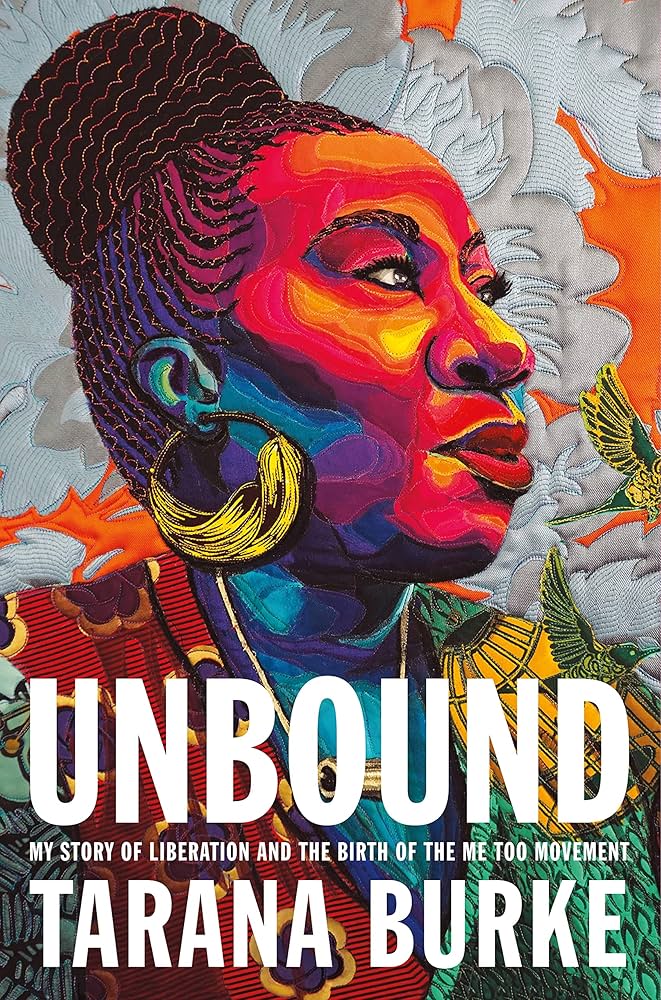
Tarana Burke
“For nearly three decades, activist and advocate Tarana J. Burke has worked at the intersection of racial justice, arts and culture, anti-violence and gender equity. Fueled by commitments to interrupt sexual violence and other systemic inequalities disproportionately impacting marginalized people, particularly Black women and girls, Tarana has created, led and participated in various campaigns focused on increasing access to resources and support for impacted communities, including the ‘me too.’ movement, which to date has galvanized millions of survivors and allies around the world.”
Areas of Focus: anti-violence, gender equity
- Unbound
- You are Your Best Thing (with Brene Browne)
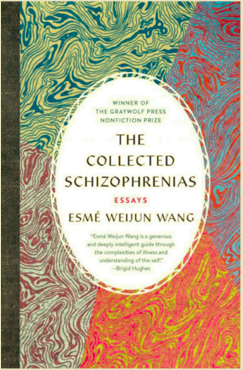
Esme Weijun Wang
Esme Weijun Wang is a Taiwanese American writer, writing teacher and public speaker. She holds an MFA from the University of Michigan. She lives at the intersection of multiple identities, including queer, disabled and creative.
Areas of Focus: resilience, mental health, creativity
- The Collected Schizophrenias (nonfiction essays collection)
- The Border of Paradise (a novel)
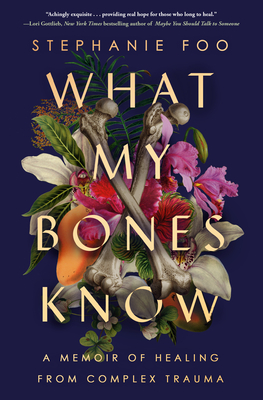
Stephanie Foo
Stephanie Foo is a Malaysia-born American radio journalist, producer and author. She has worked for Snap Judgment and This American Life. In 2022, she published What My Bones Know, a memoir about healing from complex PTSD.
Areas of Focus: mental health, healing from trauma and C-PTSD
- What My Bones Know
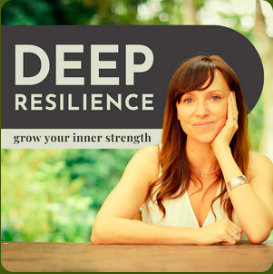
Melli O'Brien - Deep Resilience Podcast
“This podcast will help you unlock your own deep resilience. In this way you can use this podcast as your weekly training ground to build inner strength in bite sized chunks, one step at a time.
Each week Melli will share tools, insights and practices to help you…
- Ease anxiety and stress
- Let go of negative thinking
- Tap into wisdom, resilience and calm
- Deal with life's challenges with skillfully and effectively
- Perform at your peak, even under pressure and stress
- Deal with emotions in healthy ways
- Let go of the stuff that holds you back or drags you down
- Improve your relationships
- Live with purpose and meaning
- Find peace of mind in the middle of it all (without losing your edge)”
Areas of Focus: resilience, mindfulness, thriving
Books: Deep Resilience: A four-step journey to unshakable inner strength
Embracing Diversity to Innovate for the Future of RAFT
Our next step is to deep dive into all of these new resources and find connections to our existing content. We regularly update our Building Blocks to Advocacy Resilience 5-Workshop series, with new information and perspectives. Our core curriculum has been transformed throughout the years by survey feedback, new team member perspectives, and finding new sources like the ones on this list!
Check out these resources and let us know if you have any to add! You can email any comments or questions to info@raftcares.org.
